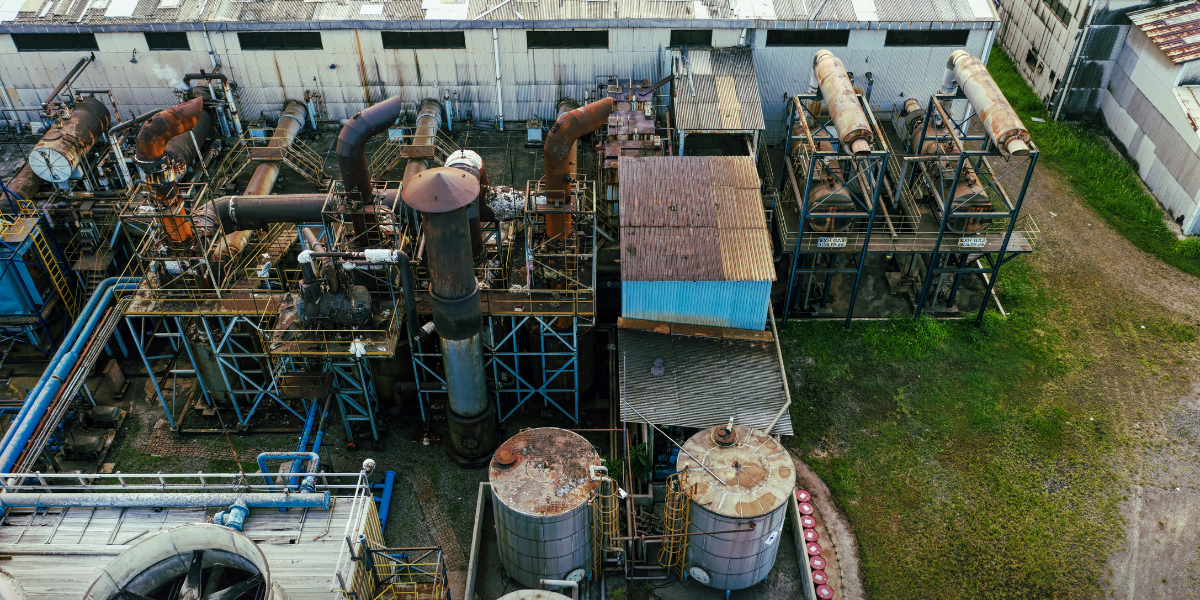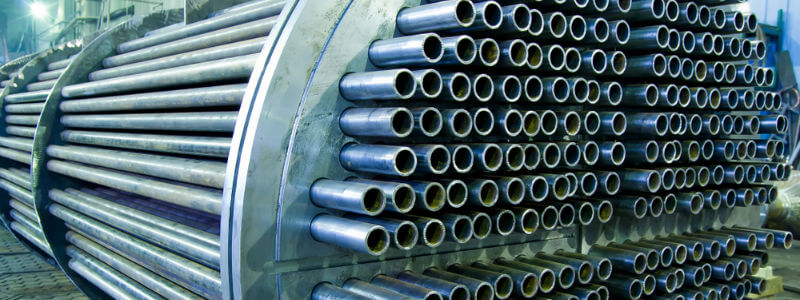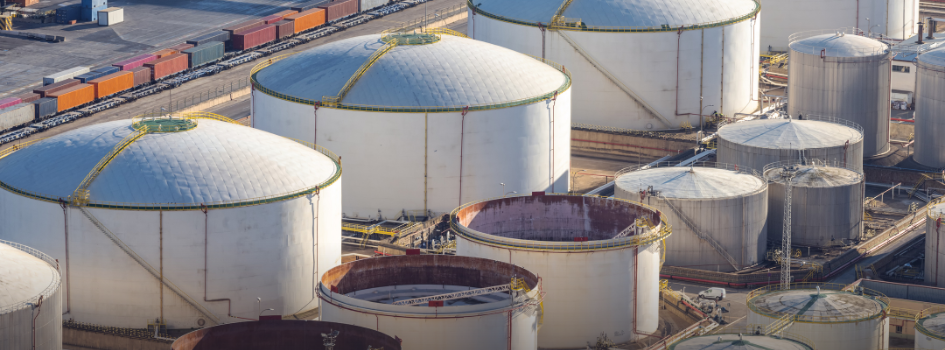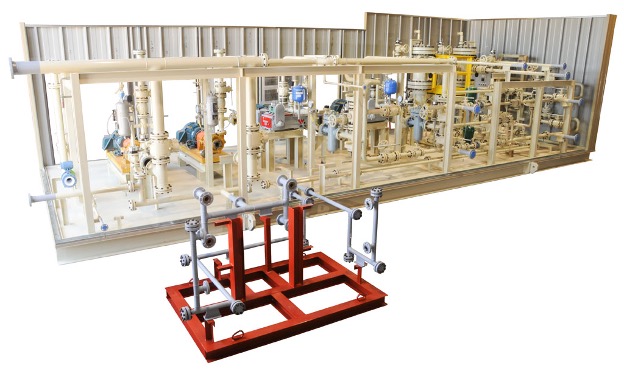Chemical metering refers to the controlled and repeatable injection of specific chemicals into a process stream at a defined rate. In oil and gas and other industrial processes, injection rates…
is a global solution provider of modular process skids for liquid and gas process systems. These units are fully optimized “Engineered-to-Order” turnkey modular systems which ship ready to “plug into” the process flow at your plant.
IFS designs and manufactures a wide range of modular process systems for several industries. Some of IFS’s most popular packages include NOx Reduction for air quality control, Fuel Gas Conditioning for combustion turbines and boilers, mini gas-to-liquids plants for stranded natural gas, just to name a few.
With a sales group comprised entirely of engineers, we can speak processing engineering fluently with you, which makes things happen more quickly and smoothly for all involved.
However complicated your project, IFS process engineers will build-to-design according to your specifications. In the end, IFS will deliver the completed package optimized, certified, installed, and performance guaranteed for use anywhere in the world.
With up to 25 process engineers on staff, we build about 140 skid-mounted packages a year with most of them installed overseas. Let us build yours.

Chemical metering refers to the controlled and repeatable injection of specific chemicals into a process stream at a defined rate. In oil and gas and other industrial processes, injection rates…

A notable by-product of many industrial and manufacturing processes is heat. While thermal energy may be beneficial to some production processes, it may also cause significant damage to sensitive machinery…

Ammonia plays a central role in many industrial processes, like fertilizer production, emissions control, or refrigeration. It is useful, but it also requires precision. Storing it the wrong way can…

Sand is a nuisance. It chews through valves, erodes pipe walls, clogs separators, and just generally makes a mess of things. But sand is a part of life, especially when…
For more information about our Skid-Mounted Modular Process Systems, please call 1-800-795-4068 or send us an